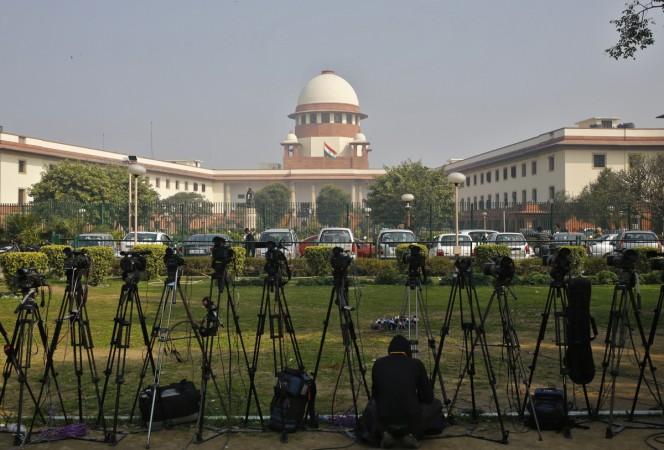
Questioning the way seven tribal girls died while they were being given experimental treatment for cervical cancer, the Supreme Court on Tuesday ordered the Indian Council of Medical Research (ICMR) to reveal the files which show how these drugs were administered.
A Public Interest Litigation (PIL) was filed to look into the licences of the two vaccines, which were being experimentally used to treat cervical cancer in these girls. The PIL also said that these drugs were given the licence without evidence of the risks involved, while they were being administered to people.
The Drug Controller General of India (DCGI) allegedly issued licences without getting prior knowledge on their side effects. A similar PIL was also filed, which questioned how this drug got the permission from the DCGI, to be sold in the country.
The allegations suggest that these actions mean that the authorities are in violation of the directions, given in 2010, by the Parliamentary Standing Committee on Health and Family Welfare.
The bench, headed by Justices V Gopala Gowda and Dipak Misra, had asked the ICMR to produce the files for the drugs, which were clinically tested in 2012.
"We are concerned whether before drug was accepted to be used in India and whether DCGI and ICMR had followed procedure for its introduction," The Times of India quoted the court as saying.
The SC also questioned whether these girls, who were tribals from Telangana, Andhra Pradesh, and Gujarat, had the choice to turn down the medication, or whether they were forced to take it. The governments of these three states have been contacted by the SC, regarding this issue, and their response has been asked for.
The three states had granted permission for the experimental use of these drugs in certain areas. The SC also points out that the clinical trials of these drugs were mainly conducted in the tribal areas, and it questions this fact.
"The two companies have also flouted Indian law with impunity and have not done the post marketing studies ordered by the Drugs Controller at the time of licensing," alleged the plea, which looks to get the licences of these drugs cancelled.

















